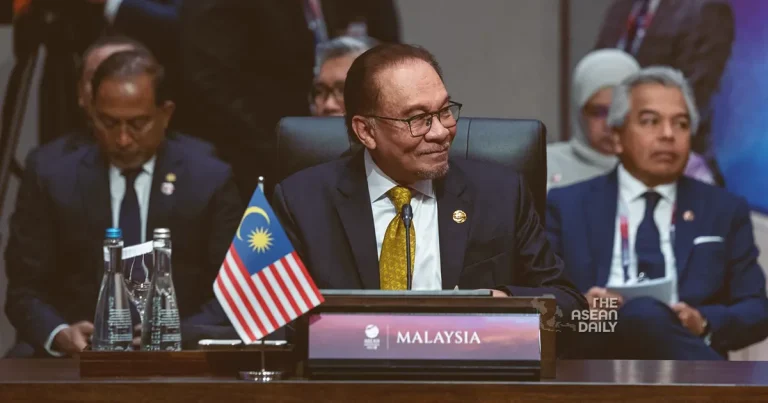18-10-2023 (KUALA LUMPUR) Malaysia has once again called for an immediate ceasefire following an Israeli airstrike that targeted a hospital in the Gaza Strip, resulting in the deaths of numerous victims.
Prime Minister Datuk Seri Anwar Ibrahim strongly condemned the attack by Israel, describing it as an act of “madness” and an excessive use of force.
“That’s why we are urging for an immediate ceasefire to de-escalate the situation. If this continues, the victims will include mothers, children, and patients. This has reached a level of madness and lacks any sense of humanity,” he stated during a press briefing after attending a program at the Putrajaya International Convention Centre (PICC) on Wednesday.
According to Palestinian Health Ministry spokesperson Ashraf al-Qudra, over 500 people lost their lives in the Israeli airstrike on the al-Ahli Baptist Hospital late Tuesday (September 17). Disturbing footage revealed bodies scattered across the hospital premises.
This airstrike occurred on the eleventh day of the conflict, with an increasing number of non-governmental organizations and world leaders criticizing Israel’s bombing campaign in the besieged enclave. They argue that the strikes, which have targeted healthcare facilities, homes, and places of worship, violate international law and may constitute war crimes.
Anwar also criticized Western countries for their hypocritical stance on the Palestine situation.
“What is most regrettable is that Western countries, who often speak about human rights, interpret human rights in two different categories. Some are in the ‘Class 1’ category, while others are treated as ‘slaves’,” Anwar added.
The Prime Minister announced that he would be heading to Riyadh on Thursday (October 19) to attend the ASEAN and Gulf Cooperation Council (GCC) Summit. During the summit, he is expected to engage with other world leaders to discuss the Israel-Palestine conflict.
When asked about the status of Malaysian troops serving as peacekeepers under the United Nations (UN) in Lebanon, Anwar stated that decisions regarding their withdrawal or continuation would be made collectively, including with the United Nations.
“We will assess whether the safety situation can be guaranteed. If it can, we will continue, but if it can’t, we will bring them back,” Anwar explained.
Tensions are also escalating along Israel’s border with Lebanon, raising concerns that the conflict could spread. On Monday, Israel’s military and defense ministry announced plans to evacuate 28 communities within 2km of the Lebanese border. This area has been a historical site for attacks by Hezbollah, the Iranian-backed Lebanese group that has engaged in past wars with Israel.




